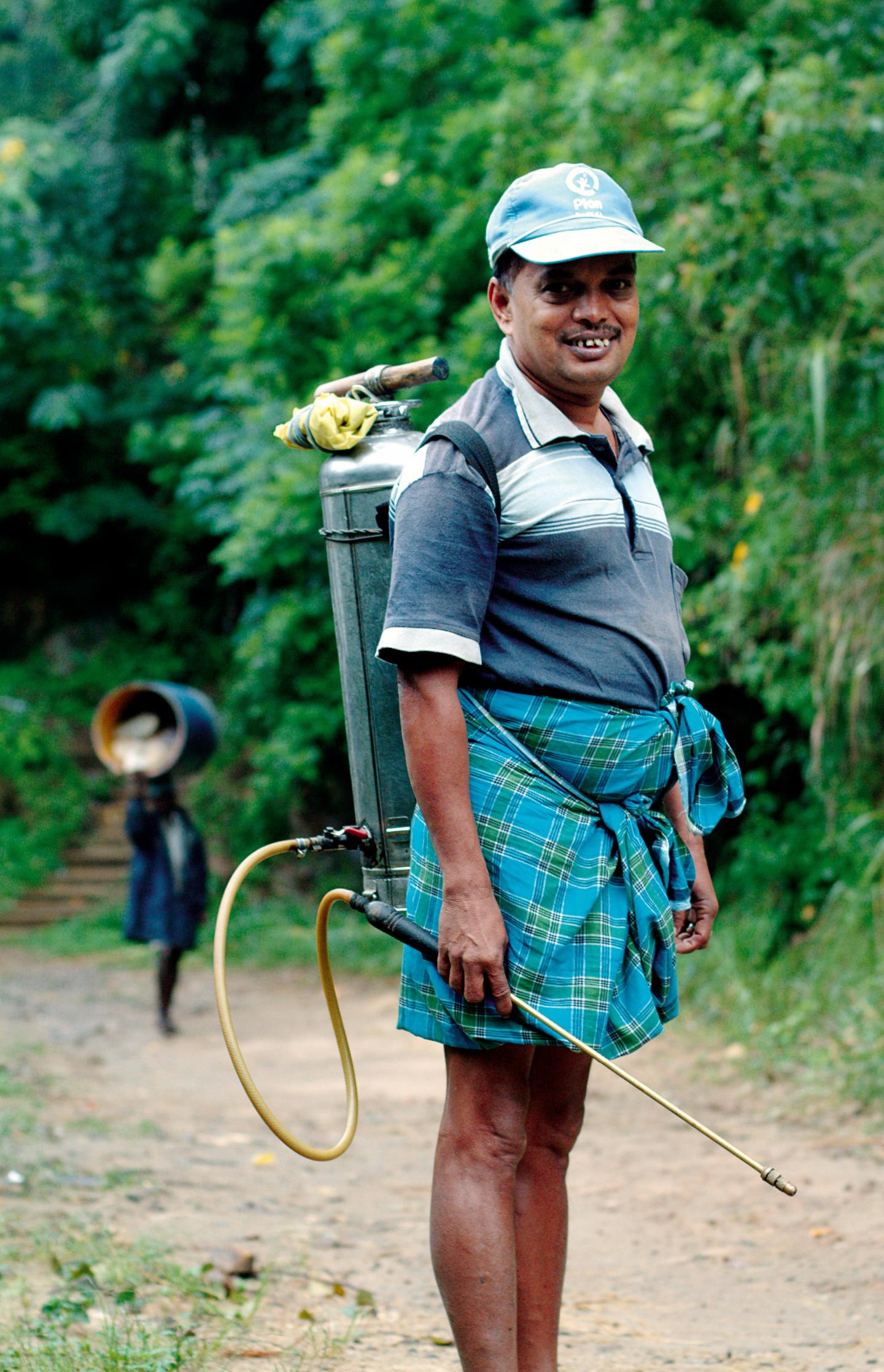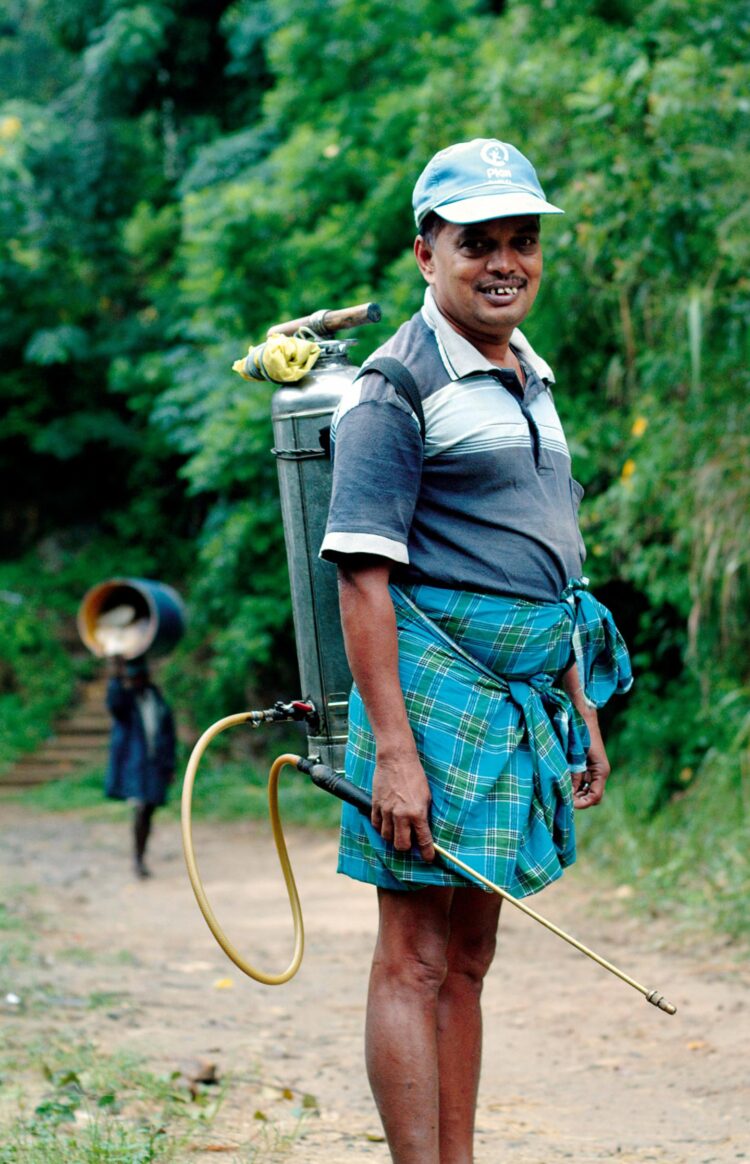Researchers call for stricter regulation

Credit: Photo by Knut-Erik Helle
Scientists are calling for more stringent pesticide bans to lower deaths caused by deliberately ingesting toxic agricultural chemicals, which account for one fifth of global suicides.
A NHMRC funded study, in which the University of South Australia analysed the patient plasma pesticide concentrations, has identified discrepancies in World Health Organization (WHO) classifications of pesticide hazards that are based on animal doses rather than human data.
As a result, up to five potentially lethal pesticides are still being used in developing countries in the Asia Pacific, where self-poisonings account for up to two thirds of suicides.
In a paper published in Lancet Global Health, UniSA Research Chair of Therapeutics and Pharmaceutical Science, Professor Michael Roberts, says while deaths from pesticide poisonings have fallen dramatically in recent years, it is still a common cause of global suicides.
Each year, more than 150,000 people die from deliberately ingesting pesticides, although this number was much higher – averaging 260,000 a year – before specific chemicals were banned.
Prof Roberts was a member of a team of international researchers who used Sri Lanka as a case study, in which they compared the number of deaths from pesticides in a rural area between 2002 and 2019.
Of 35,000 people (mainly men aged in their late 20s) hospitalised for pesticide self-poisoning, 6.6 per cent died.
The three most toxic agents were paraquat, dimethoate and fenthion, which were all banned by 2011, reflected in much lower fatalities after that date. Since then, five other common pesticides still allowed by the WHO were disproportionately responsible for 24 per cent of fatalities, the team found.
“If human data for acute toxicity of pesticides was used for hazard classification and regulation worldwide, it would prevent many deaths and have a substantial impact on global suicide rates,” Prof Roberts says. “Australia is fortunate in that its regulations properly balance good pesticide use versus public health concern.”
He predicts that fatal poisonings across Asia could fall by more than 50 per cent, and total suicides in the region could fall by at least a third.
“Instead, the WHO classifications are largely based on animal median lethal doses. This method ignores the differences between species and how they respond to treatment, and the formulations used.”
Fatalities from pesticide poisonings also differed greatly from that predicted by the WHO classification.
The researchers have called for the WHO to eliminate all pesticides with fatality rates above five per cent.
“Setting a global benchmark and relying on human data is critical to reducing suicides, particularly in countries such as Sri Lanka, South Korea, Bangladesh and China, where agriculture is still a dominant industry.”
“We also found evidence that some banned agents were still in circulation due to illegal importation, so there is still a need to tighten existing regulations,” Prof Roberts says.
###
Media Contact
Candy Gibson
[email protected]
Original Source
https:/
Related Journal Article
http://dx.





